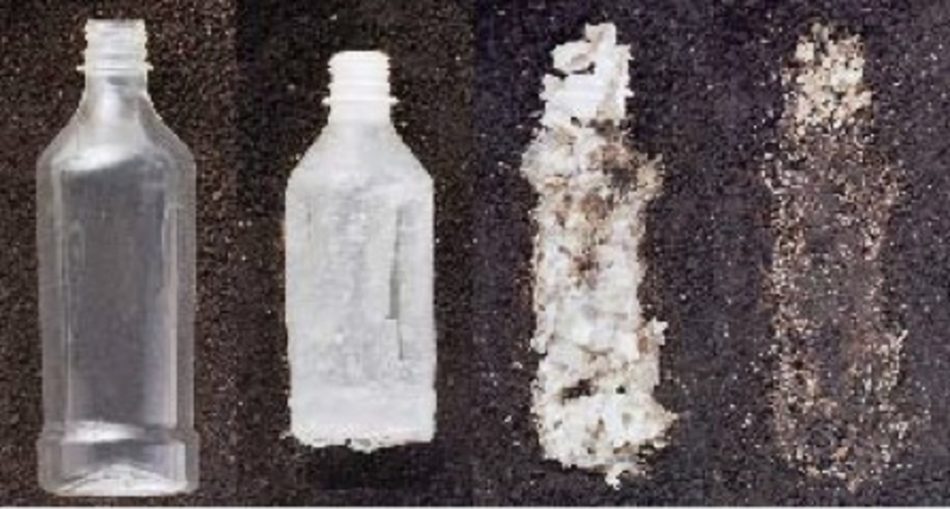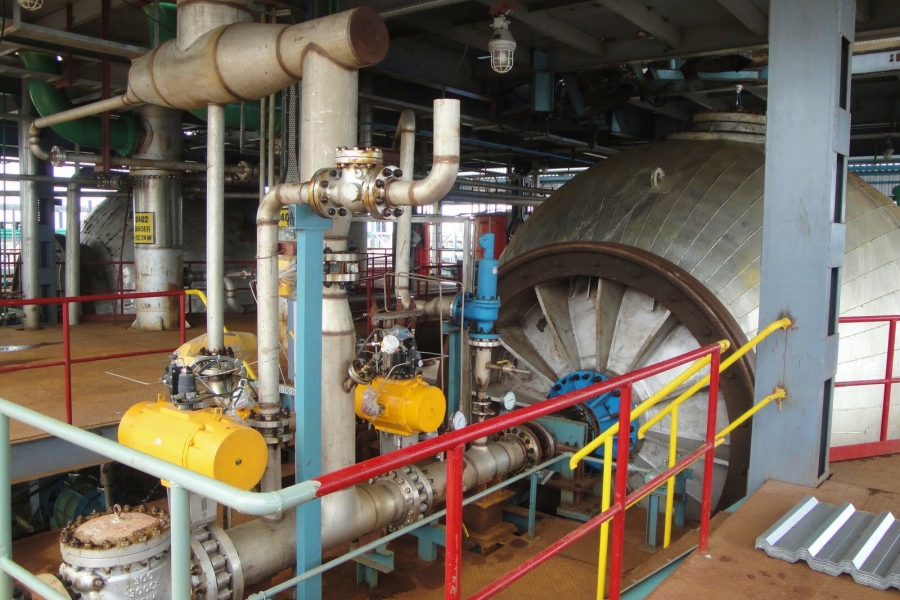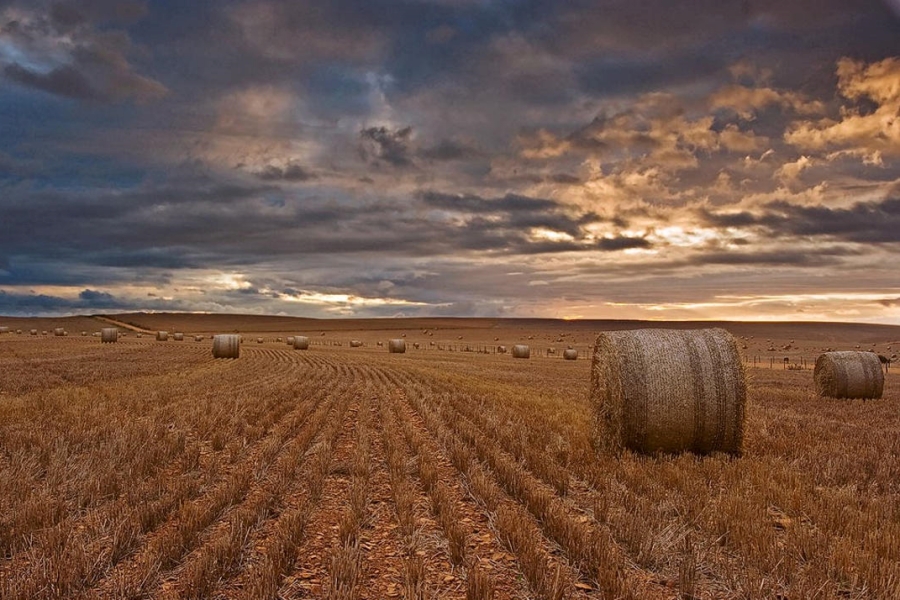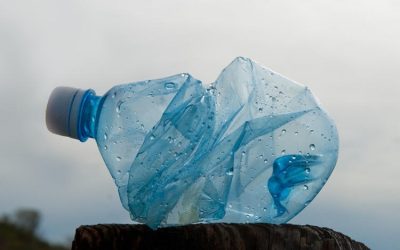Bioeconomy Consultants
Furfural
and its many By-products
Design & engineering
Our expertise
Solutions & services
Our projects
Find out more about
Who we are
Explore
Our Modus Operandi
How We Work
Why we DO it
There are limitless business opportunities for everybody to participate in the bioeconomy, especially related to lignocellulosic biomass, which is the only sufficiently prevalent sustainable resource for conversion into electricity, chemicals, plastics and fuels, is the most abundant organic material in Africa …
… and on earth. There is biomass on all continents, i.e. it is not restricted to certain regions or countries.
Reason one
Biomass is composed of four (five) major components: cellulose, hemicellulose, (sugars,) lignin and water.
Biomass is a feedstock for chemicals and energy. It is organic material that has stored sunlight in the form of chemical energy and at the same time converted CO2 into oxygen.
Reason two
Biomass is readily available as a residue of agricultural (food) production or forestry. Biomass presents a local business opportunity.
Our business is to convert Biomass into chemicals and/or energy/electricity.
Still not convinced? Here is another one:
Reason three
Oil or coal is fossilised biomass. So why not use it fresh?
Biomass-based, rural Economy Hub

Bioeconomy in Action
GreenEnergyPark™
Smart biomass (agricultural/forest residues) conversions to energy, chemicals and commercial products.
Innovative Minds – Growing the Bioeconomy
Building The Future based on (over 20 Years) of Experience
We share with our clients our experience in the developing viable bioeconomic businesses. It started in 1998, when we were asked the question “What else can you make from a stick of sugar cane, besides sugar, molasses and steam?”
Excellence And Innovation Built Into Every Aspect of Our Business
Our approach has not changed:
The Gold Medal Award is granted for outstanding achievement in chemical engineering or process technology in its broadest definition. Unusually competent technical design and execution carried out essentially within Southern Africa, including commercial implementation and with at least an element of innovation, are the main criteria. As engineering is largely a team effort, the award is more likely to be made to a group, though not necessarily so.
µ-BioRefinery™ grows the Bioeconomy
Bring biorefining closer to the Biomass
in propinquitatem ad biomas
The µ-BioRefinery™ is a downscaled adaptation of the GreenEnergyPark™ concept. It takes biorefining to communities and/or smaller farming enterprises (±2,000 to 10,000ha).

News and Views
Our own and 3rd party publications/topics (that we find of interest)

FDCA to PEF (Polyethylene Furanoate): A Production Cost Analysis
The total operating cost (raw materials, utilities, fixed costs and depreciation costs) estimated to produce PEF was about $2,700/ton in Q2 2015.

How About Introducing BreakdownPEF?
However, bio-degradation of PET will result in breakdown products such as methane or (at best, if methane is recovered/converted to) CO2, the so called Greenhouse Gases, which in this case a derived from oil.

1, 4-Butanediol (BDO) market is growing at a CAGR of 6.8% during 2018-2025
Why not from furfural? 1,4 butanediol, commonly known as BDO has been made in the past from furfural.
Furfuryl Alcohol Drives the Global Demand Growth for Furfural to Reach 455k Metric Tons by 2024
Market Report (2018-2024)
PET Recycle & Reuse – Only an (Important) Interim Solution!
PET recycling is important, but all polyesters must be made from sugars (rather sooner than later)
A Faster Hydrogenation Process to Make Furfuryl Alcohol
Faster hydrogenation of furfural to furfuryl alcohol (in water!).
Shell to quit US lobby over climate policies
Citing climate differences, Shell walks away from U.
S.
refining lobby.
Furfural is THE Biobased Platform Chemical
Furfural has been commercially used since the 1920s.
Corncob Security
Not much has changed since the 2015 study: Corncob prices still dominate the base price of furfural.















